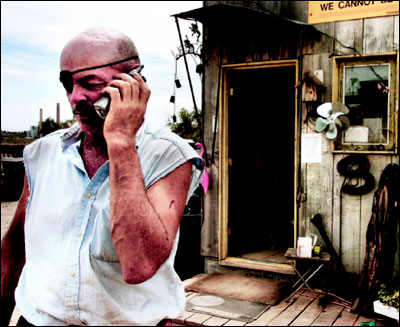
This column highlights the top economic stories of the week.
Having children is the surest way to send your carbon footprint soaring, according to a new study from statisticians at Oregon State University.
The study found that having a child has an impact that far outweighs that of other energy-saving behaviors. More on this story here.
A quarter-century ago, in the wake of America’s first energy crisis, a young scientist named Amory Lovins came to the Rocky Mountains and built himself a radical house based on a radical idea. The country could save both energy and money, he believed, by combining common sense and unconventional technology. More on this story here.
According to this week’s Economist, Britain will soon start to run out of electricity. How long will it be until its lights go out? More on this story here.
A week ago a leading Indian daily published findings from a government report which assessed the feasibility of providing $17 billion in solar subsidies over the next 30 years.
The report notes that India will be able to afford the complete expenses of the program which will make India one of the largest producers of solar energy, if not the largest. More on this story here.
The front pages in the UK this week are a-spread with the news of record profits at Barclays Bank, with accompanying bonuses for top bankers. This echoes last week’s story at Goldman Sachs. Given the recent bailouts and government support, the Economist is right to note that ‘such largesse looks cheeky at best’!
Although the two crises have little in common, this obstinate reminder of how little has changed in the financial sector prompts me to deeper pessimism in the environmental crisis. More on this story here.


